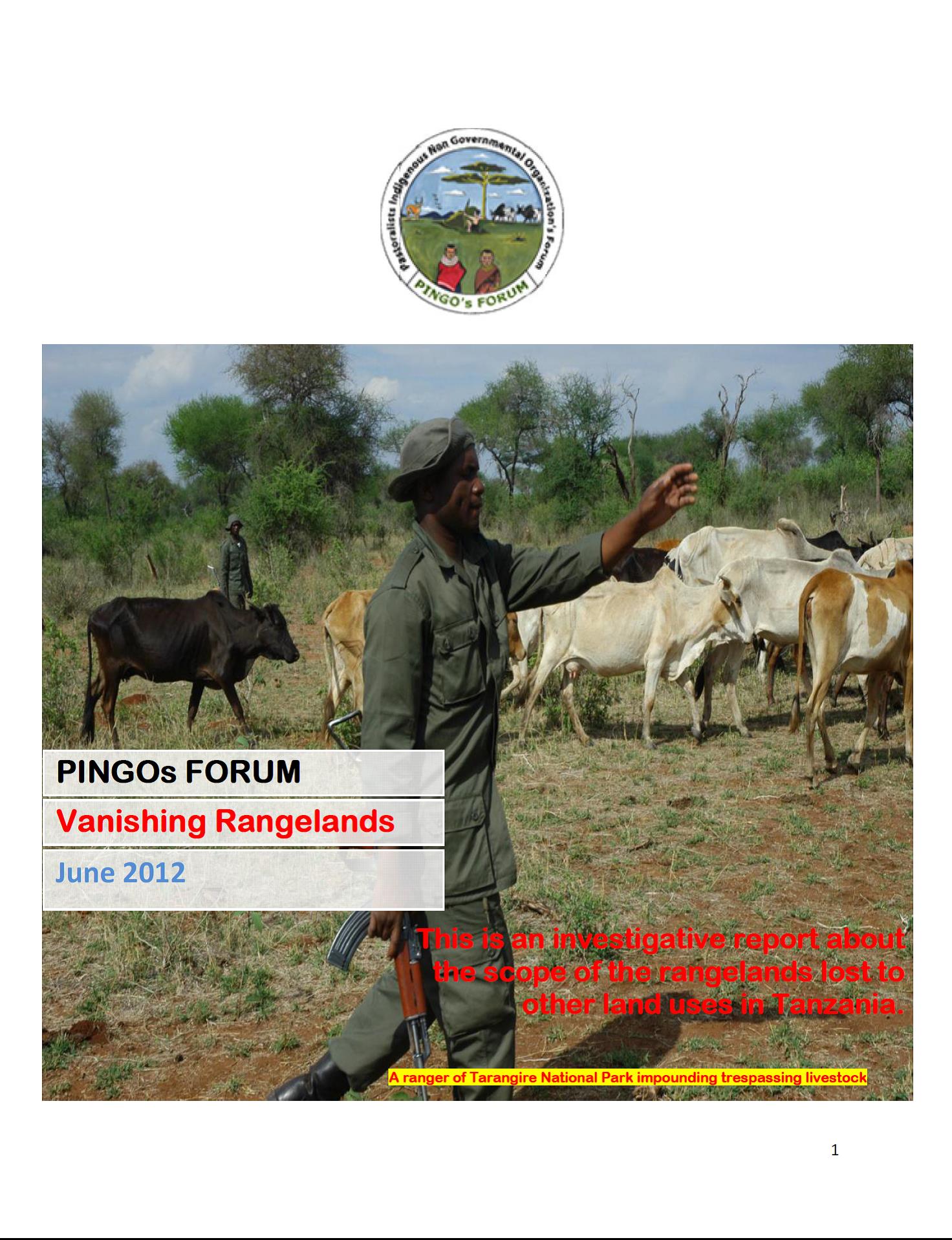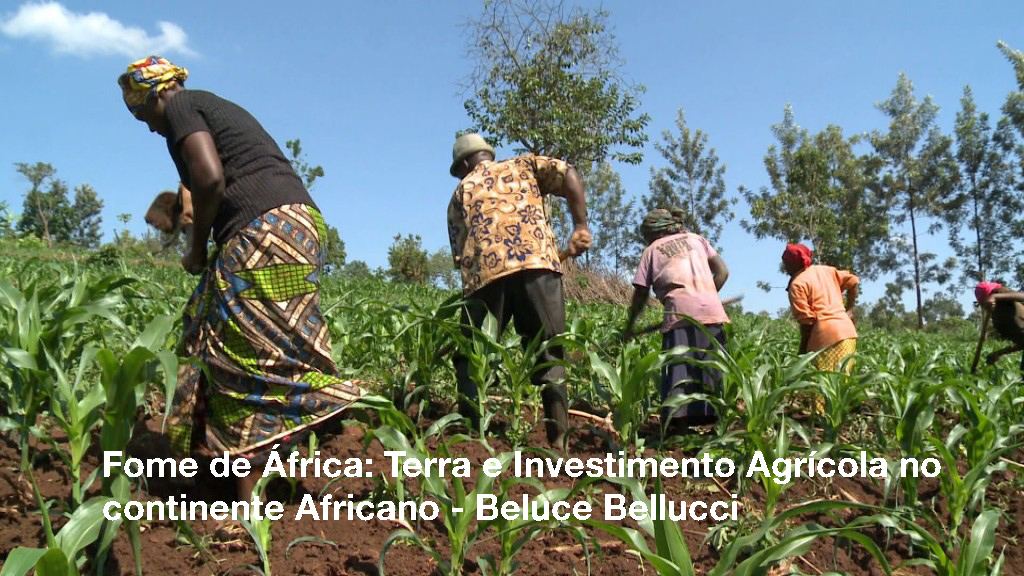THE WAR IN KACHIN STATE: A YEAR OF MORE DISPLACEMENT AND HUMAN RIGHTS ABUSES
• In the past year, the Tatmadaw has deployed nearly 25% of its battalions to Kachin
State, escalating its war with the Kachin Independence Army (KIA) and bringing
further suffering to civilian populations in Kachin State and Northern Shan State.
• Tatmadaw soldiers have constantly targeted civilians in Kachin State and Northern
Shan States as part of their military operations against the KIA. Human rights abuses
have included extrajudicial killings, rape of women, arbitrary arrests, torture, forced




